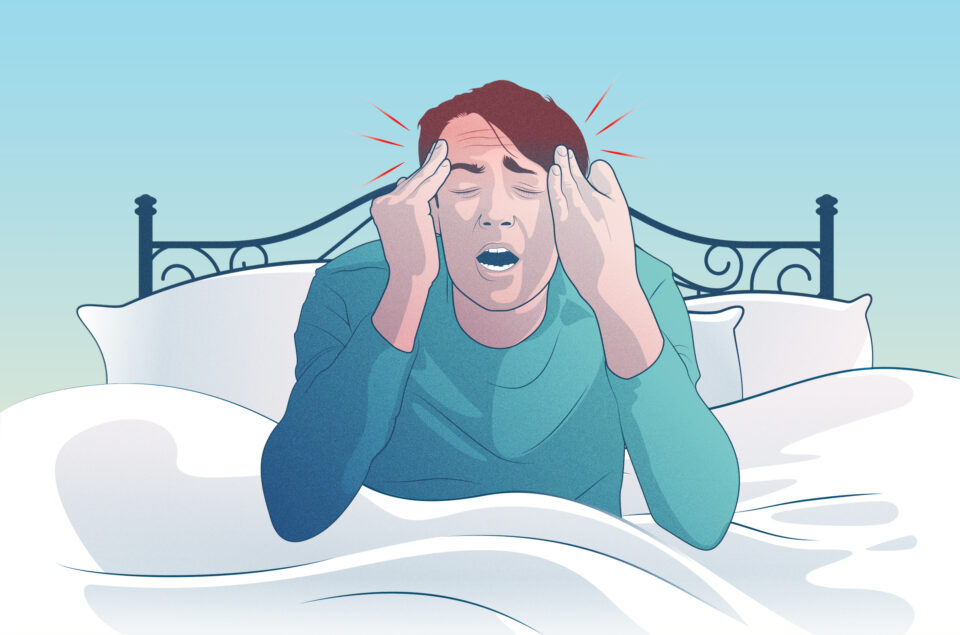
Why do I get a headache after a nap? 8 reasons and remedies explained
We explore 8 causes for a headache after napping as well as ways to avoid them.
Sleep Disorders Susanne Lindberg Mikkelsen
Sleep helps the brain function properly by resetting it each time you sleep. As a consequence, not getting enough good quality sleep can have serious health effects. Simply put, if your brain doesn’t undergo reset on a regular basis, it risks overheating. As an example, brain-overheating due to lack of sleep can lead to fatigue, decreased energy, irritability, and problems focusing. Which in turn over time, can lead to a chronic sleep disorder.
Sleep disorders often lead to serious chronic health problems, resulting in mental and physical stress. Consequently, affecting your everyday life and the wellbeing of people around you. As stated by sleep experts – suffering from a sleep disorder means having problems with quality, timing, and quantity of sleep. The most common sleep disorders are narcolepsy, obstructive sleep apnea, restless legs syndrome, and insomnia. Above all, insomnia is the one affecting most people.

We explore 8 causes for a headache after napping as well as ways to avoid them.
Sleep Disorders Susanne Lindberg Mikkelsen
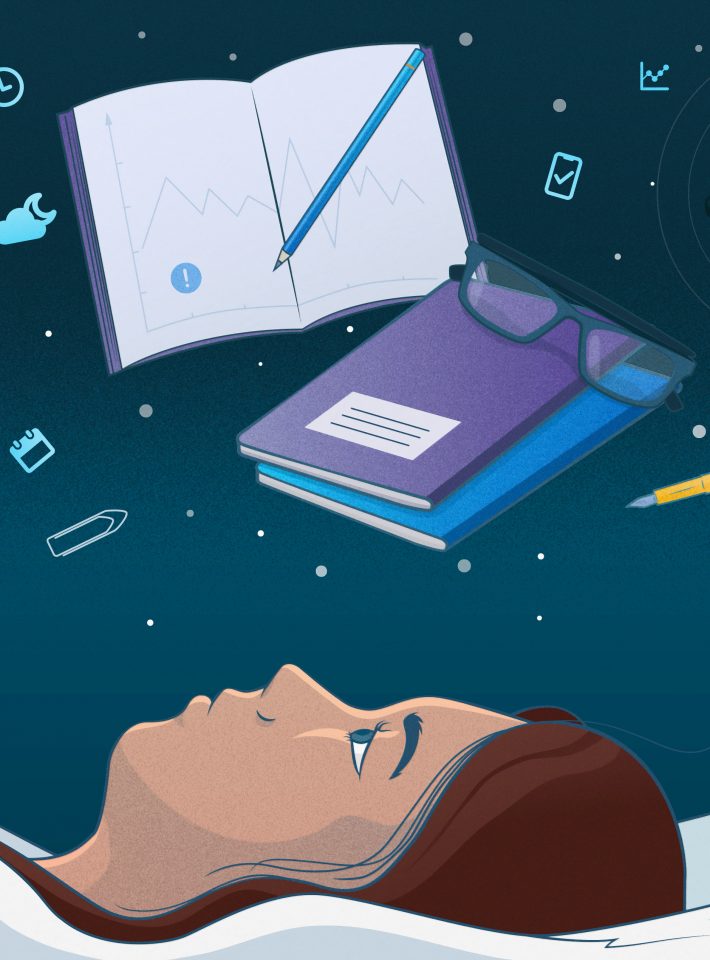
One of the most common sleep disorder is Delayed Sleep Phase Syndrome, or DSPS. But what is it, how does it affect us, and most importantly, how can we treat it?
Sleep Disorders Monica Garcia
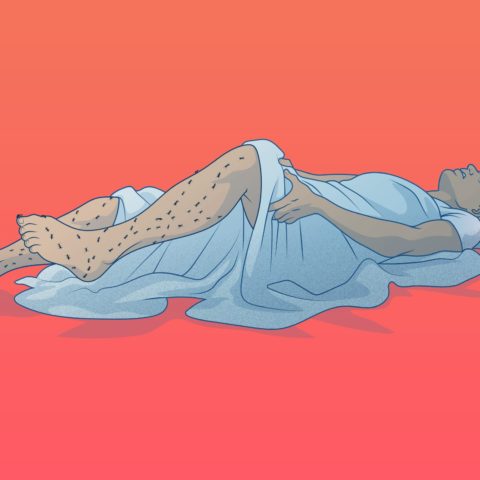
Restless Legs Syndrome (RLS) is a sleep disorder that causes an unpleasant sensation in the legs, creating an irresistible urge to move. RLS can disrupt rest and impact sleep.
Sleep Disorders Maggie Schlundt
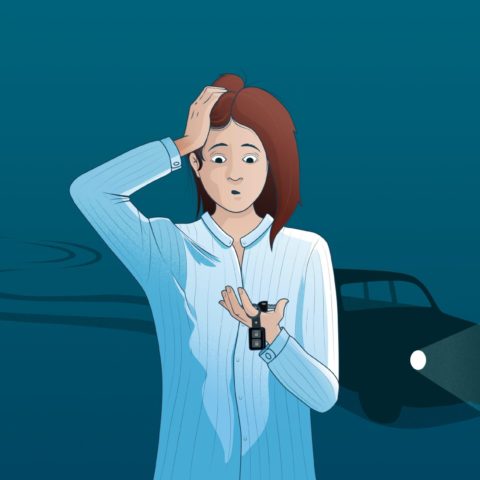
Microsleep, or nodding off momentarily, while driving is a leading cause of car crashes every year. More so than driving under the influence of alcohol or drugs. But what exactly causes microsleeps and how to prevent episodes?
Sleep Disorders Susanne Lindberg Mikkelsen
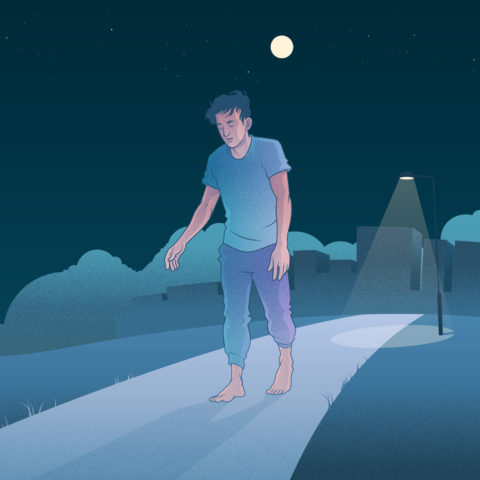
Somnambulism or sleepwalking as it’s commonly known as, is a…
Sleep Disorders Anju Khanna Saggi

Night terrors, or sleep terrors, are nocturnal episodes of screaming and extreme fear. Find out if night terrors are something we truly should be afraid of.
Sleep Disorders Maggie Schlundt

Although nightmares can be very unpleasant, they’re usually just part of life as long as they happen sporadically. No matter how much they trouble you, there are ways to make them less of a torment.
Sleep Disorders Carl-Henrik Monrad-Aas
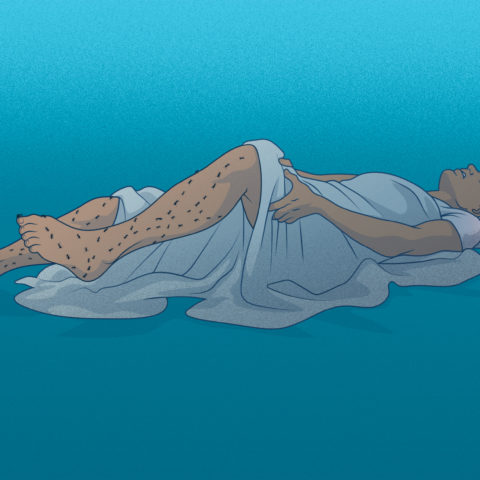
8 facts about this sleep disorder that affects around 5% of the general population.
Sleep Disorders Lina Törnquist
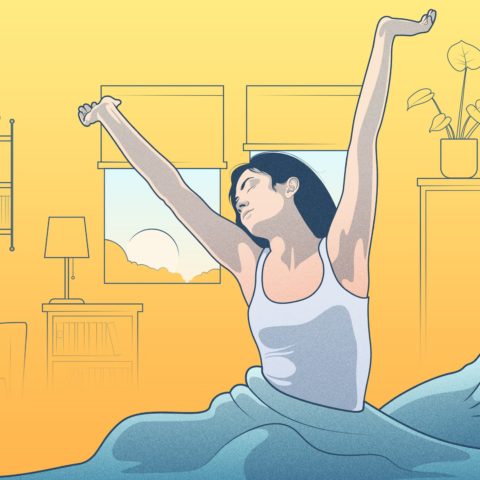
Waking up groggy can make it difficult to perform even simple tasks. But what causes sleep inertia, is it dangerous, and what can you do about it?
Sleep Disorders Franz Stewart

Waking up drenched in sweat? Dive into our night sweats FAQS – you just might find the perspiration revelation you’ve been looking for.
Sleep Disorders Maggie Schlundt
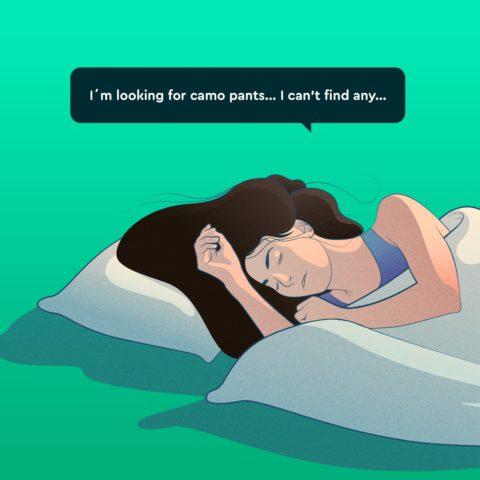
Why do people talk in their sleep, and is it something to be concerned about? Find answers to the most frequently asked sleep talking questions.
Sleep Disorders Sleep Cycle
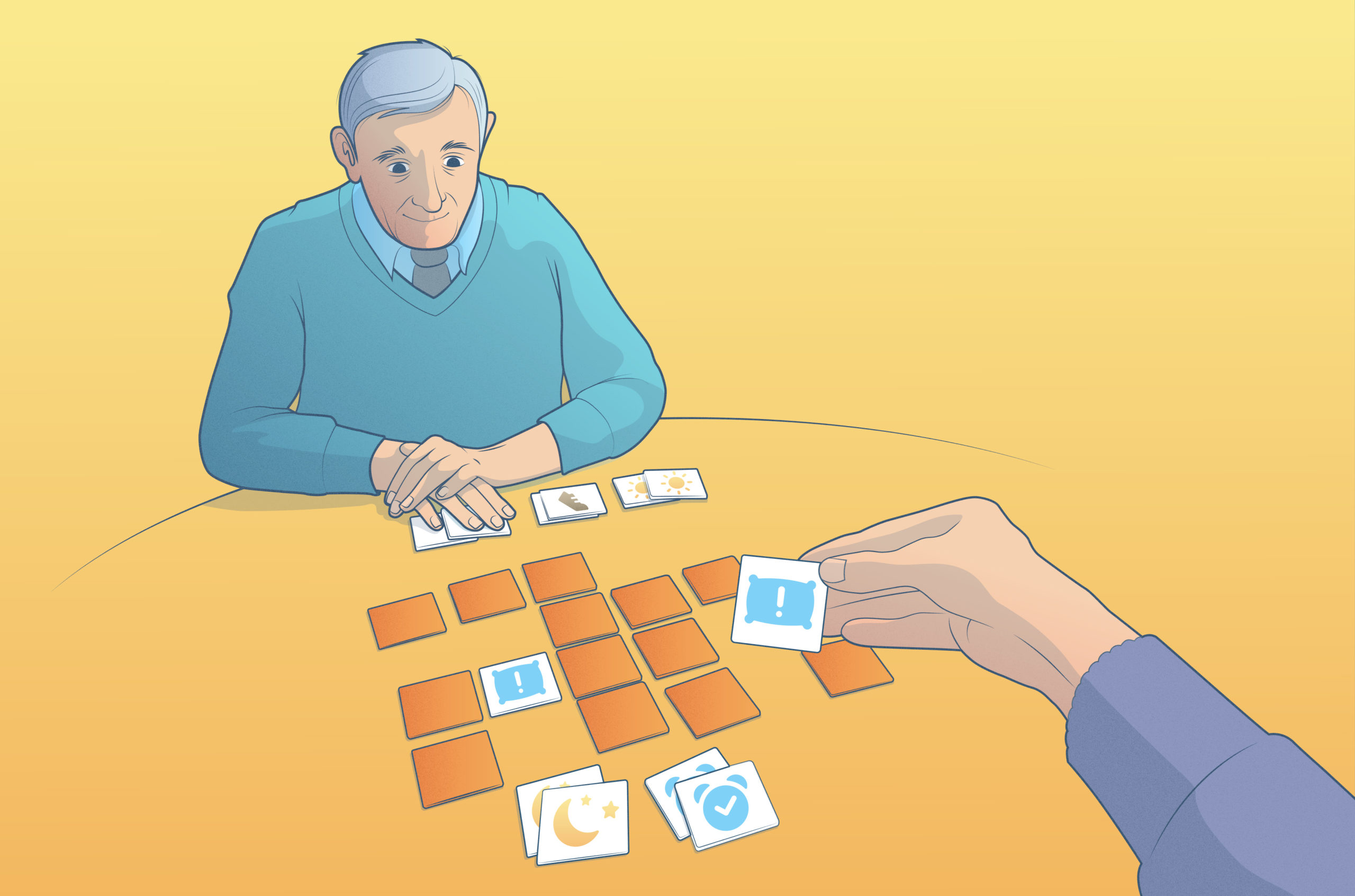
Is Alzheimer’s disease actually a sleeping disorder? Research suggests that poor quality sleep may be the true culprit behind memory loss.
Sleep Disorders Franz Stewart
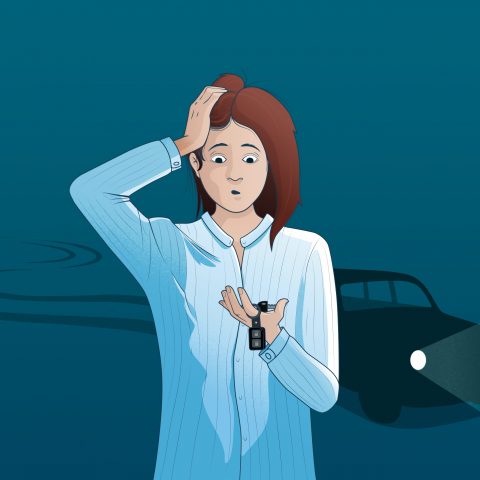
What causes sleepwalking? Join us as we take a closer look at this most mysterious of nocturnal habits.
Sleep Disorders Neil Clark

The symptoms, the cause, and the treatments.
Sleep Disorders Malin Eriksson
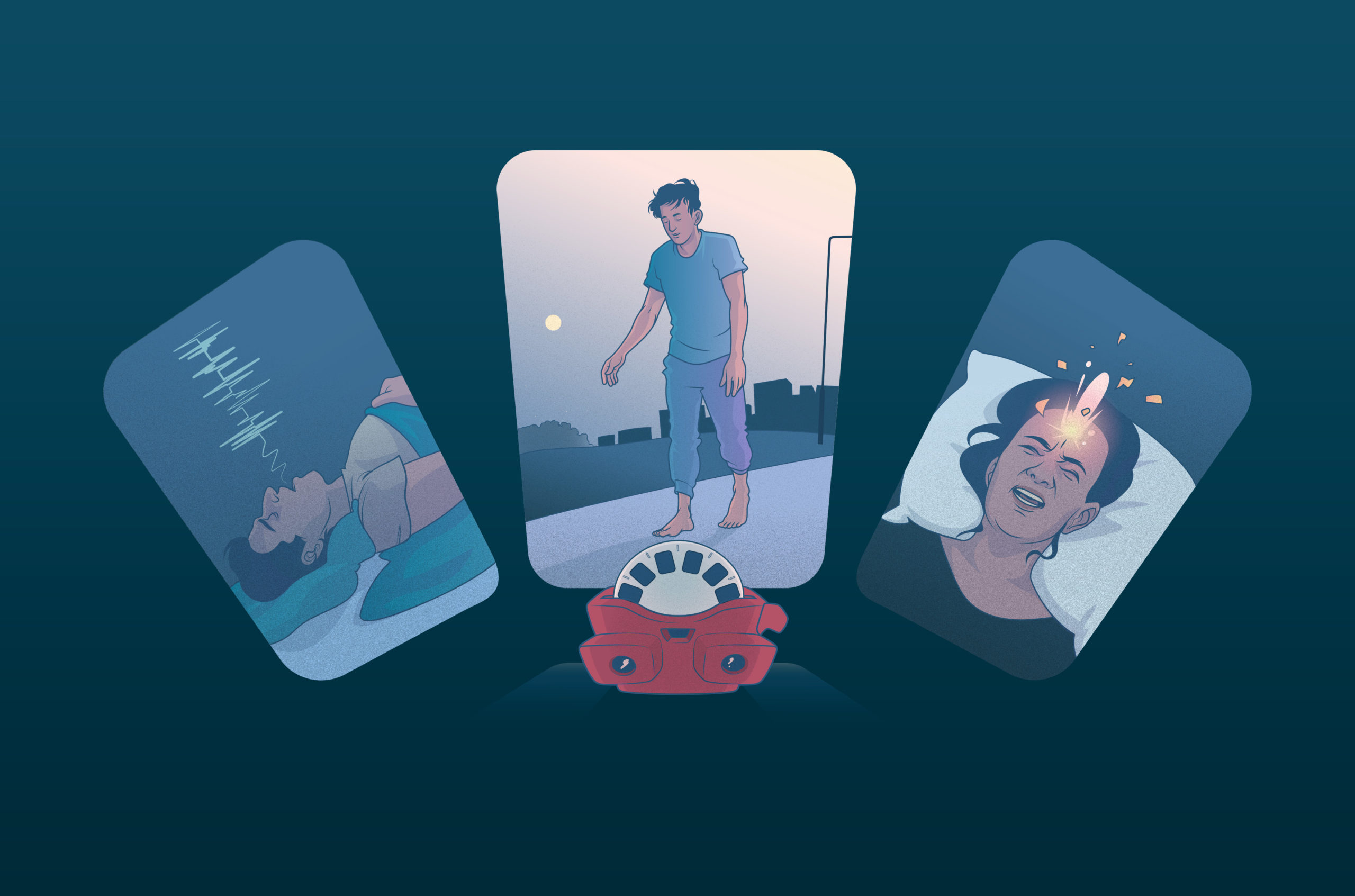
Sleep disorders are very common: it is estimated that between 25-30% of people suffer from one. Here is a rundown of some of the most common types.
Sleep Disorders Lina Törnquist



